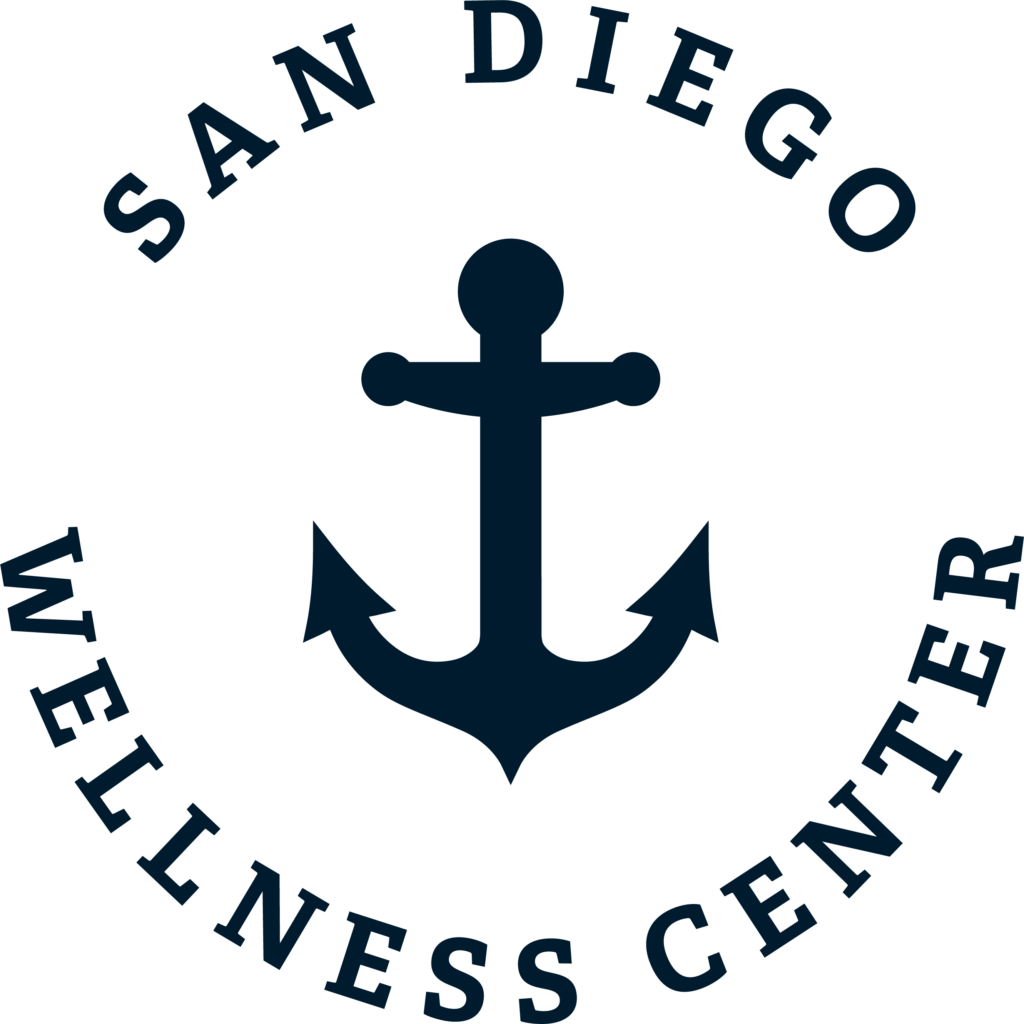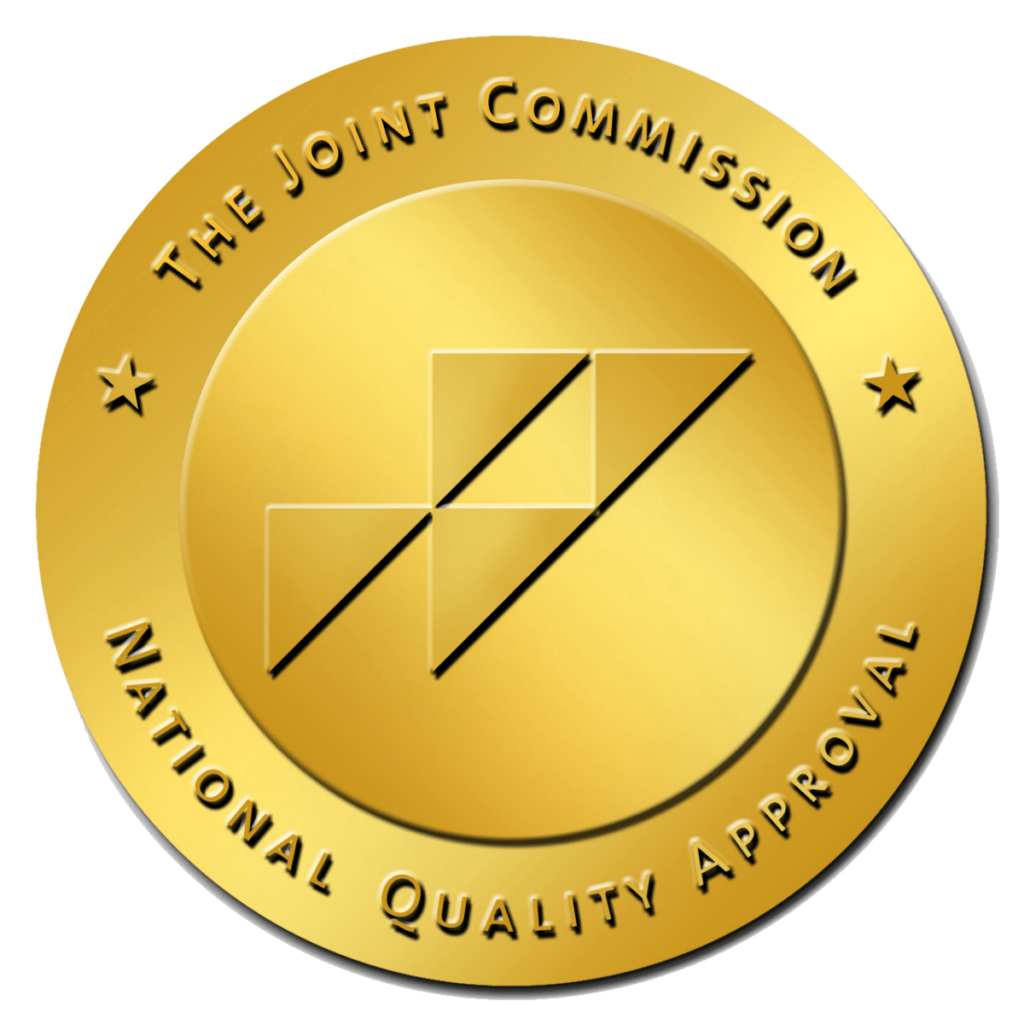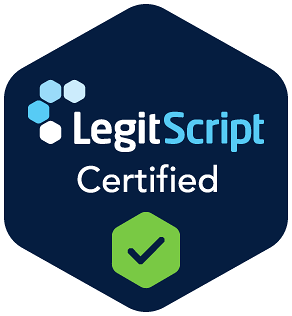Drug rehab is often surrounded by misconceptions and uncertainty, leaving many to wonder what the experience truly entails. For individuals battling substance abuse or their loved ones seeking support, understanding the process can bring clarity and hope. At its core, drug rehab is designed to provide a structured and supportive environment for overcoming addiction while addressing the underlying mental health conditions and behavioral patterns that contribute to substance use.
Rehab isn’t a one-size-fits-all solution. Whether it’s a detox program to manage withdrawal symptoms, therapy sessions like cognitive behavioral therapy (CBT) to tackle thought patterns, or group therapy for peer support, each aspect of the treatment process is tailored to meet individual needs. From inpatient programs offering 24/7 care to outpatient options that allow for flexibility, rehab centers focus on creating a path toward long-term recovery. The journey can be challenging, but with the right support system, the struggle doesn’t have to define the outcome—it can be a stepping stone to a healthier, more fulfilling life.
Arriving at a Drug Rehab
The journey to recovery begins the moment you arrive at a drug rehab center. For many, this first step can be filled with anxiety and uncertainty, but rehab facilities are designed to create a welcoming and supportive environment. Upon arrival, you’ll typically be greeted by compassionate staff members who understand the challenges of addiction and are committed to helping you feel at ease. They’ll guide you through the intake process, which includes paperwork, an orientation of the facility, and a thorough evaluation to assess your specific needs.
This initial assessment is crucial for developing a personalized treatment plan tailored to your unique circumstances, including your history of substance use, mental health conditions, and physical health. You’ll also have the opportunity to meet peers and staff who will become an integral part of your support system during your stay. By addressing concerns, answering questions, and fostering a sense of safety, this first step helps set the foundation for a recovery process that prioritizes your well-being and long-term success.
Getting Settled In
Once you’ve completed the intake process, the focus shifts to helping you get settled into the rehab environment. You’ll be introduced to your living space, daily schedule, and key staff members who will support your journey. Many facilities provide a tour to familiarize you with amenities, group therapy areas, and communal spaces where you can connect with peers. This period is designed to help you acclimate to the structured yet supportive routine, providing a sense of stability as you begin to focus on your recovery.
Your Typical Day at a Drug Rehab
A structured routine is one of the cornerstones of a successful drug rehab program, helping individuals rebuild stability and focus as they work toward recovery. While specific schedules may vary between facilities, a typical day balances therapy, self-reflection, and wellness activities. Here’s a breakdown of what mornings, afternoons, and evenings often look like in a rehab program.
Mornings
Mornings in rehab are all about setting the tone for the day ahead. Most programs begin with a healthy breakfast designed to nourish both the body and mind, followed by a morning meeting or mindfulness session. These activities often include meditation, journaling, or motivational readings to foster a positive mindset and encourage self-awareness. Starting the day with intention helps individuals mentally prepare for the therapeutic work to come.
After breakfast, the focus often shifts to individual therapy sessions. In these one-on-one meetings, clients work closely with counselors or therapists to address the root causes of their addiction, explore coping strategies, and develop personalized recovery goals. This quiet, introspective time is vital for building trust and setting a strong foundation for progress throughout the day.
Afternoons
Afternoons are typically dedicated to group therapy and educational workshops. Group therapy sessions offer a safe space to share experiences and insights with peers, creating a sense of community and accountability. Topics often focus on relapse prevention, emotional regulation, and the development of coping skills, providing tools that are essential for long-term recovery. These sessions are guided by trained therapists who ensure productive, supportive discussions.
In addition to therapy, afternoons may include physical wellness activities such as yoga, light exercise, or outdoor recreation. These activities not only promote physical health but also offer a mental reset, helping participants manage stress and build healthier habits. Many rehab centers also provide educational workshops during this time, covering topics like the science of addiction, mental health awareness, and strategies for maintaining sobriety.
Evenings
Evenings are often a time for reflection and relaxation. Many rehab centers incorporate support group meetings, such as Narcotics Anonymous (NA) or Alcoholics Anonymous (AA), to help clients connect with others who share similar struggles. These gatherings provide peer support and a platform for discussing challenges and victories in a structured format.
Following group activities, clients typically have free time to unwind. This might involve journaling, reading, or participating in light recreational activities. Dinner is served in a communal setting, fostering camaraderie and mutual support. Before bed, many facilities encourage a nightly routine that includes mindfulness or motivational readings to close the day on a positive and reflective note, preparing clients for the challenges and opportunities of the next day.
What Therapies Can I Expect at a Drug Rehab?
Therapy is a central component of drug rehab, addressing the underlying causes of addiction while equipping individuals with tools for long-term recovery. At most rehab centers, you can expect a range of evidence-based therapeutic approaches tailored to meet your specific needs. Here’s an overview of some of the most common therapies offered.
Individual Therapy
Individual therapy provides a private, one-on-one setting for clients to explore the root causes of their addiction and mental health challenges. Guided by a licensed therapist, these sessions focus on building self-awareness, developing coping mechanisms, and setting personalized recovery goals. This individualized attention ensures that the treatment plan aligns with each person’s unique experiences and needs.
Group Therapy
Group therapy fosters a sense of connection and shared understanding among individuals in recovery. These sessions are led by a trained facilitator who encourages open discussion on topics like relapse prevention, emotional regulation, and personal growth. Sharing experiences in a group setting not only helps participants feel less isolated but also promotes accountability and peer support.
Family Therapy
Family therapy addresses the impact of addiction on loved ones and helps repair strained relationships. These sessions bring family members together to improve communication, resolve conflicts, and create a healthier support system. By involving loved ones in the recovery process, family therapy strengthens the foundation for long-term success.
Cognitive-Behavioral Therapy
Cognitive-behavioral therapy (CBT) is a widely used evidence-based approach in drug rehab. It helps individuals identify and change negative thought patterns and behaviors that contribute to addiction. Through CBT, clients learn practical strategies for managing triggers, reducing cravings, and maintaining sobriety in challenging situations.
Therapies offered at drug rehab centers are diverse yet interconnected, working together to address the mental, emotional, and social aspects of addiction. By engaging in individual, group, and family sessions, alongside specialized approaches like CBT, clients gain the skills and insights needed to achieve and sustain recovery.
What About Free Time?
Free time in a drug rehab program serves as an essential opportunity for individuals to relax, recharge, and process their progress. While the structured routine of therapy sessions and group activities is critical to recovery, unstructured time allows clients to practice self-care and explore healthy ways to spend their downtime. Activities might include journaling, reading, engaging in light exercise, or participating in recreational activities provided by the facility. These moments of solitude or quiet activity can help clients reflect on their journey, reinforcing the skills they’re developing in therapy.
Free time also fosters personal growth and social connections. Many rehab centers encourage clients to engage in creative or social pursuits, such as art therapy, music, or casual conversations with peers. Building these connections not only strengthens the sense of community but also helps clients practice forming healthy relationships outside of addiction. By striking a balance between structure and leisure, free time contributes to overall well-being and prepares individuals for the balanced lifestyle they’ll aim to maintain after rehab.
Find Balance in Treatment
Recovery is about more than just overcoming addiction—it’s about finding balance in all aspects of life. A comprehensive drug rehab program integrates structure with flexibility, intensive therapy with moments of self-reflection, and personal growth with the support of a community. By addressing the physical, emotional, and mental aspects of addiction, rehab provides the tools necessary for sustainable recovery and a renewed sense of purpose.
At San Diego Wellness Center, we’re committed to guiding you or your loved one toward long-term wellness in a compassionate and supportive environment. Whether you’re taking the first step or exploring treatment options, our experienced team is here to help. Contact San Diego Wellness Center today and begin your journey toward a healthier, more balanced life.






